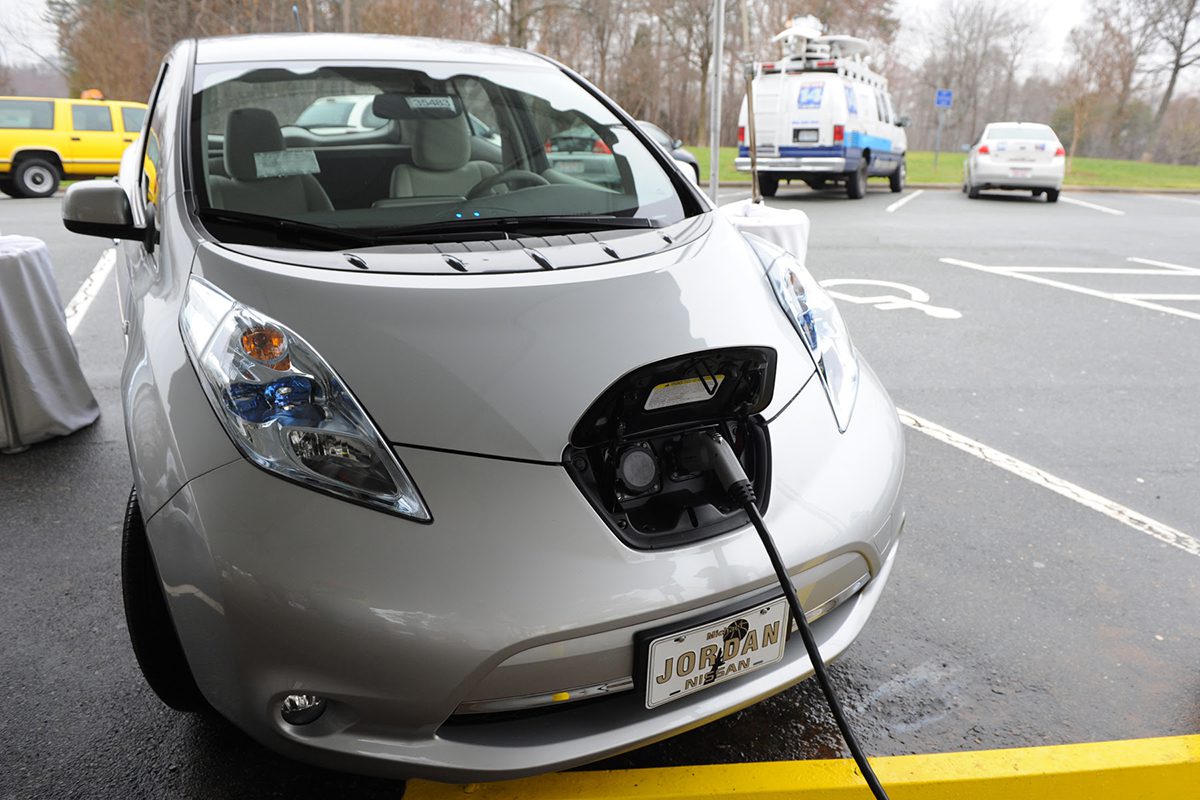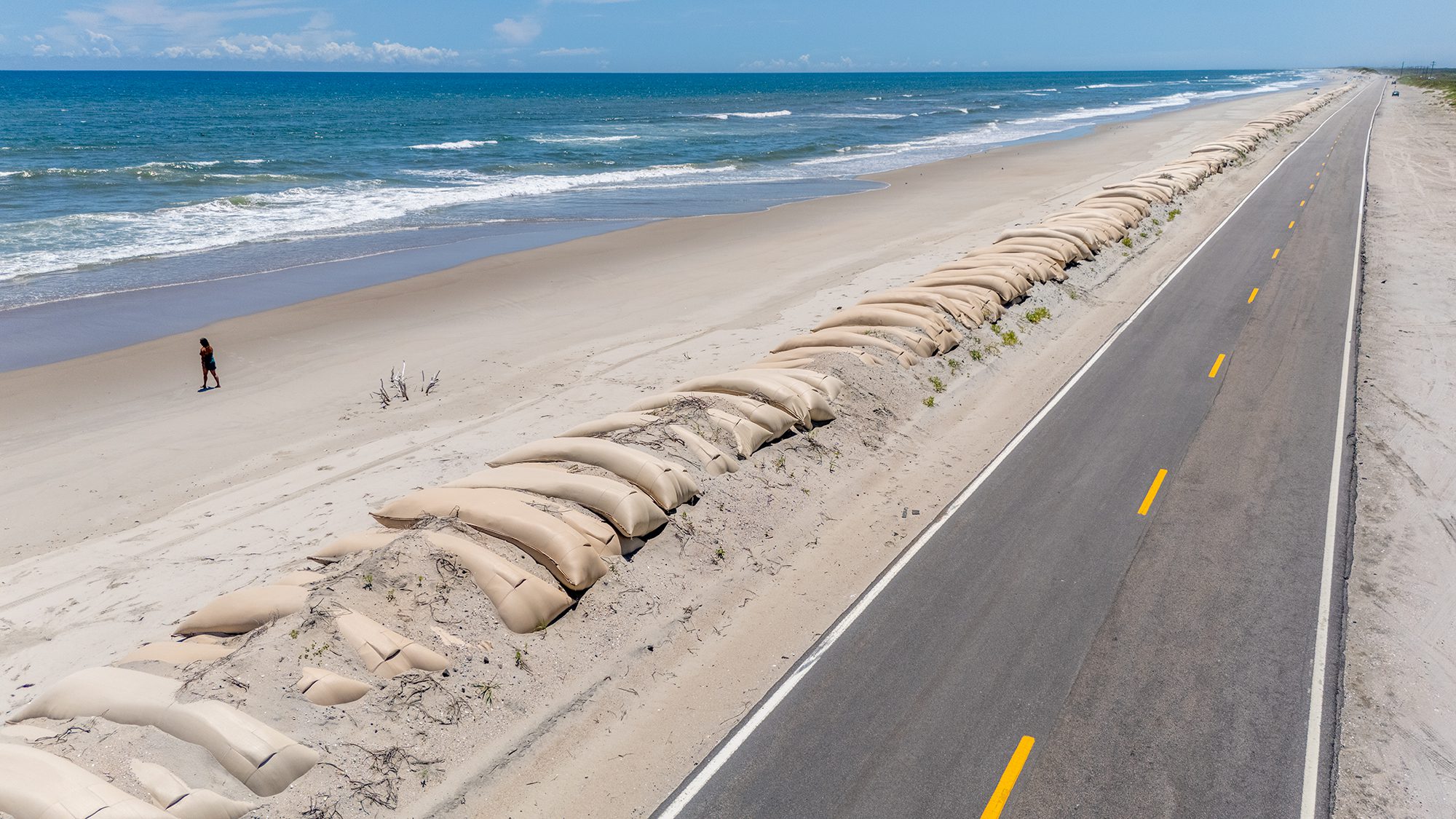
State officials announced Monday that they have published an online map showing the locations of the first batch of electric vehicle charging stations that will be funded through the National Electric Vehicle Infrastructure Program, or NEVI.
The North Carolina Department of Transportation said it published the map to help people wishing to apply for the federal NEVI funds the state received to build and operate a network of electric vehicle charging stations.
Supporter Spotlight
“The build out of the electric vehicle charging stations will help our state advance clean transportation and be a great economic opportunity for businesses of all sizes,” said Paula Hemmer, NCDOT’s Statewide Initiative senior engineer. “The map gives businesses an opportunity to determine where it would be economically feasible to build and operate EV charging stations. There are a lot of things to consider like whether a site is easily accessible to all travelers and a site’s proximity to amenities like restaurants and hotels.”
The map was released in late December so businesses would have sufficient time to plan if they are interested in applying for the NEVI funds to install and operate the first phase of charging stations.
Transportation officials expect to issue a request for proposals in February for people interested in applying for grants for charger installation.
NCDOT received $109 million in NEVI funds to develop the network along interstates, major highways and in communities. The funds are to be used to reimburse businesses for project costs, including procurement, installation and operation of electric vehicle charging stations.
Phase 1 will involve installation of direct current fast chargers along interstates and major highways, along the alternative fuel corridors designated by the Federal Highway Administration. The DC fast chargers will be able to charge an electric vehicle in about 20 minutes.
Supporter Spotlight
Phase 2 will involve the buildout of community-based DC fast chargers and Level 2 chargers that take between four and eight hours to charge a vehicle.
North Carolina expects to build out the electric charging infrastructure over the next seven years.
The online map identifies the 11 locations along the alternative fuel corridor that will comprise Phase 1 of the project. NCDOT said it identified the 11 locations because they will fill the gaps where fewer charging stations currently exist and serve a more geographically diverse group of people in both rural and urban areas.
Each location on the geographic information system map represents a cluster of one or more exits along the alternative fuel corridor. Applicants must locate proposed charging stations within the designated clusters. There will be one charging station per cluster.
The proposed locations were also selected because they meet the requirements outlined in the federal Bipartisan Infrastructure Law, which established the NEVI program.
Under the Bipartisan Infrastructure Law, charging stations in Phase 1 must meet the following conditions:
- Deployed every 50 miles along the alternative fuel corridor.
- Deployed within a mile of an alternative fuel corridor
- Charging system ports that are capable of providing 150 kilowatts of direct current to four vehicles simultaneously.
- Open 24 hours a day, seven days a week.
- Installed so they comply with local permitting and zoning requirements.
NEVI provides nearly $5 billion to help states create a network of 500,000 electric vehicle charging stations along designated alternative fuel corridors. NCDOT has been working with state, federal and local stakeholders for several years to plan for the build out of EV charging stations statewide.







